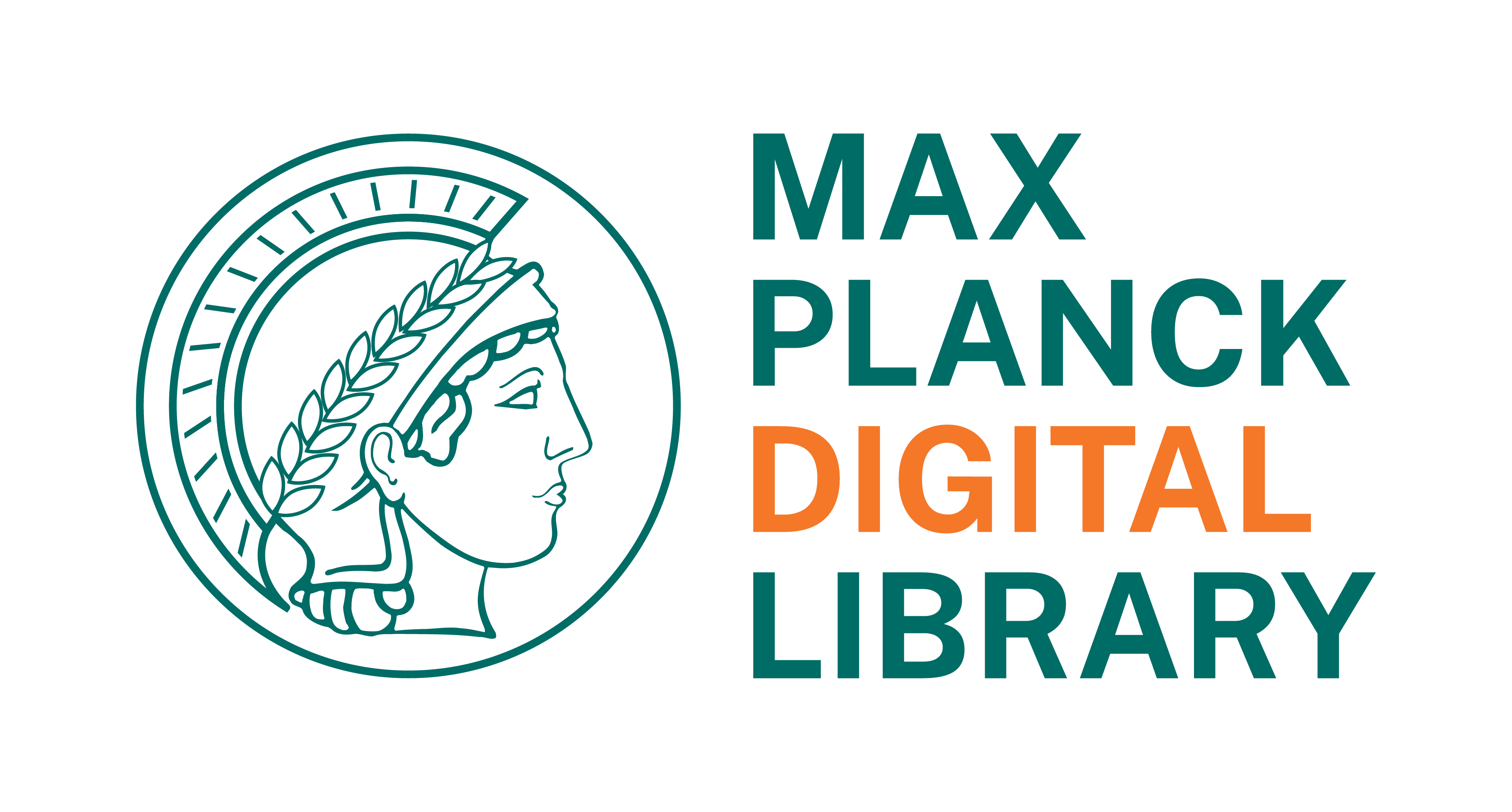
Renewal of the Read & Publish Open Access agreement with the Max Planck Digital Library
We are delighted to have renewed our Read & Publish agreement with the Max Planck Digital Library (MPDL) for a further term.
This agreement, which runs from 1 January 2024 until 31 December 2026, extends opportunities for researchers at 86 Max Planck Society Institutes to benefit from publishing:
- Open Access research articles in our transformative journals, Development, Journal of Cell Science and Journal of Experimental Biology, and our two fully Open Access journals – Disease Models & Mechanisms and Biology Open – without paying an article processing charge (APC)
- Unlimited access to the journals including the full archive dating back to 1853.
Read the announcement | Read what authors say
Eligible Max Planck Society Institutes
- Administrative Headquarters of the Max Planck Society
- Art History Institute in Florence – Max-Planck-Institute
- Bibliotheca Hertziana – Max Planck Institute for Art History
- Fritz Haber Institute of the Max Planck Society
- Max Planck Digital Library
- Max Planck Institute for Astronomy
- Max Planck Institute for Astrophysics
- Max Planck Institute for Biogeochemistry
- Max Planck Institute for Biological Cybernetics
- Max Planck Institute for Biological Intelligence
- Max Planck Institute for Biology
- Max Planck Institute for Biology of Ageing
- Max Planck Institute for Brain Research
- Max Planck Institute for Chemical Ecology
- Max Planck Institute for Chemical Energy Conversion
- Max Planck Institute for Chemical Physics of Solids
- Max Planck Institute for Chemistry (Otto Hahn Institute)
- Max Planck Institute for Comparative and International Private Law
- Max Planck Institute for Comparative Public Law and International Law
- Max Planck Institute for Demographic Research
- Max Planck Institute for Dynamics and Self-Organization
- Max Planck Institute for Dynamics of Complex Technical Systems
- Max Planck Institute for Empirical Aesthetics
- Max Planck Institute for Evolutionary Anthropology
- Max Planck Institute for Evolutionary Biology
- Max Planck Institute for Extraterrestrial Physics
- Max Planck Institute for Geoanthropology
- Max Planck Institute for Gravitational Physics (Albert Einstein Institute)
- Max Planck Institute for Heart and Lung Research (W. G. Kerckhoff Institute)
- Max Planck Institute for Human Cognitive and Brain Sciences
- Max Planck Institute for Human Development
- Max Planck Institute for Infection Biology
- Max Planck Institute for Informatics
- Max Planck Institute for Innovation and Competition
- Max Planck Institute for Intelligent Systems
- Max Planck Institute for Iron Research GmbH
- Max Planck Institute for Legal History and Legal Theory
- Max Planck Institute for Marine Microbiology
- Max Planck Institute for Mathematics
- Max Planck Institute for Mathematics in the Sciences
- Max Planck Institute for Medical Research
- Max Planck Institute for Metabolism Research
- Max Planck Institute for Meteorology
- Max Planck Institute for Molecular Biomedicine
- Max Planck Institute for Molecular Genetics
- Max Planck Institute for Multidisciplinary Sciences
- Max Planck institute for Neurobiology of Behavior – caesar
- Max Planck Institute for Nuclear Physics
- Max Planck Institute for Physics (Werner Heisenberg Institute)
- Max Planck Institute for Plant Breeding Research
- Max Planck Institute for Plasma Physics (incl. MPCDF)
- Max Planck Institute for Polymer Research
- Max Planck Institute for Psycholinguistics
- Max Planck Institute for Radio Astronomy
- Max Planck Institute for Research on Collective Goods
- Max Planck Institute for Security and Privacy
- Max Planck Institute for Social Anthropology
- Max Planck Institute for Social Law and Social Policy
- Max Planck Institute for Software Systems
- Max Planck Institute for Solar System Research
- Max Planck Institute for Solid State Research
- Max Planck Institute for Tax Law and Public Finance
- Max Planck Institute for Terrestrial Microbiology
- Max Planck Institute for the History of Science
- Max Planck Institute for the Physics of Complex Systems
- Max Planck Institute for the Science of Light
- Max Planck Institute for the Study of Crime, Security and Law
- Max Planck Institute for the Study of Religious and Ethnic Diversity
- Max Planck Institute for the Study of Societies
- Max Planck Institute for the Structure and Dynamics of Matter
- Max Planck Institute of Animal Behavior
- Max Planck Institute of Biochemistry
- Max Planck Institute of Biophysics
- Max Planck Institute of Coal Research
- Max Planck Institute of Colloids and Interfaces
- Max Planck Institute of Geoanthropology
- Max Planck Institute of Immunobiology and Epigenetics
- Max Planck Institute of Microstructure Physics
- Max Planck Institute of Molecular Cell Biology and Genetics
- Max Planck Institute of Molecular Physiology
- Max Planck Institute of Molecular Plant Physiology
- Max Planck Institute of Psychiatry
- Max Planck Institute of Quantum Optics
- Max Planck Research Unit for Neurogenetics
- Max Planck Research Unit for the Science of Pathogens
- Social Neuroscience Lab
- The Friedrich Miescher Laboratory of the Max Planck Society
How to submit an article
Please see our step-by-step guide to submitting articles via our Read & Publish initiative.
Any questions? Contact us
What authors at Max Planck institutes say about the agreement:
Paula Iturralde , Universidad de Costa Rica/Max Planck Institute for Biological Intelligence, Germany
Read Paula Iturralde's article in Journal of Experimental Biology
Christian Schröter, Max Planck Institute of Molecular Physiology, Germany
Read Christian Schröter's article in Journal of Cell Science
Stefania Casagrande, Max Planck Institute for Biological Intelligence, Germany
Read Stefania Casagrande's article in Journal of Experimental Biology
Aydan Bulut-Karslioglu, Max Planck Institute for Molecular Genetics, Germany
Read Aydan Bulut-Karslioglu’s article in Development
Vlad Demartsev, Max Planck Institute of Animal Behavior, Germany
Read Vlad Demartsev’s article in Journal of Experimental Biology








You must be logged in to post a comment.